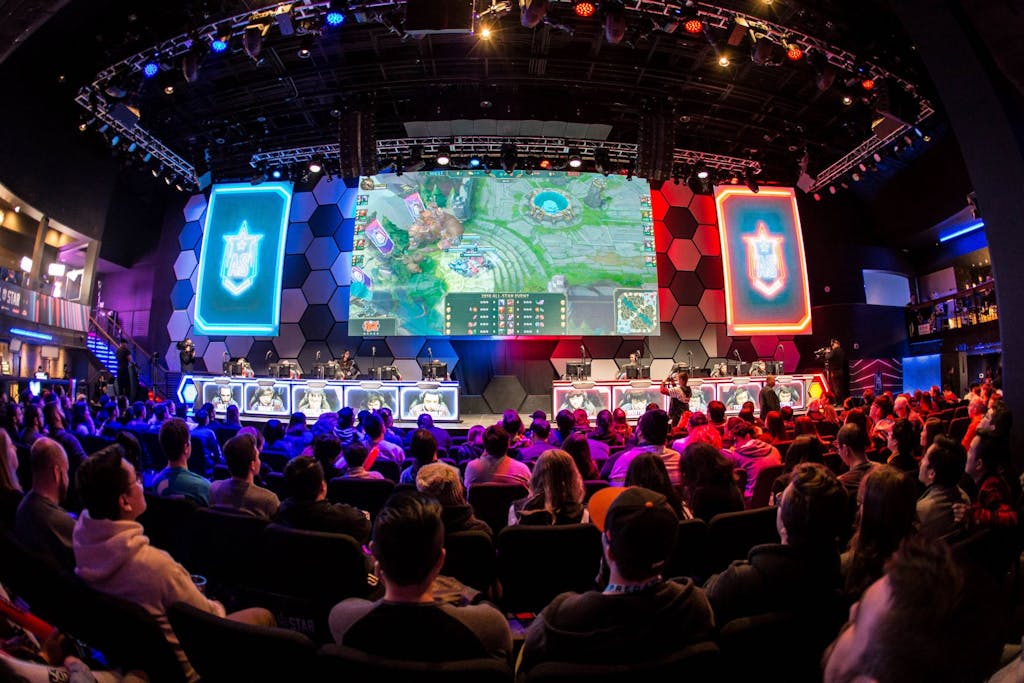Women’s sport will go beyond the superstars
Women’s sport has been bubbling away for a while now, but 2019 could be the year it finally makes a wider impact beyond the big names, such as inaugural Ballon d’Or winner Ada Hegerberg.
Research recently released by Nielsen Sports found that 84 per cent of general sports fans find women’s sport more “inspiring” and “progressive” than the male version, which is seen as being more “money driven”.
So, while men’s sport currently attracts the lion’s share of the commercial revenue, 2019 could see a major uptick in the amount spent on women’s competitions. If a recent ground-breaking deal that Visa signed with Uefa to sponsor women is anything to go by, we are on the verge of a major shift.
As more brands invest in purpose-led marketing and with consumers increasingly making purchasing decisions based on beliefs, there is a huge opportunity for a different approach. With the Women’s Football World Cup on the horizon, offering something different will only encourage brand spending.
Fan engagement will continue to be trusted
Blockchain and sport may seem like odd bedfellows, but as clubs and teams recognise the value of increasing fan engagement, they could become important partners.
The advantage of blockchain is that it ensures that engagement can be trusted by all involved, and a host of sports are looking at how to exploit and monetise the relationship with fans.
Formula E, for example, has already successfully integrated fan involvement into its platform, allowing fans to give a boost to the three drivers who earn the most votes through the FE App. Blockchain-backed solutions have recently been proposed by some drivers as a way to help stop what they see as a manipulation of the voting system.
Engagement is being taken a step further by the US-based Fan Controlled Football League, which is being billed as “the world’s first tokenised, blockchain-based platform putting fans in control.” Fans will be able to make real-time play-calling decisions when the inaugural season kicks off in May 2019.

Esports will attract big brand takeovers
Esports will stop being a niche sponsorship opportunity in 2019 and start earning big brand spending.
Without the major barriers to entry that traditional sports face, supported by major investors such as Robert Kraft, owner of the New England Patriots, and Stan Kroenke, majority shareholder at Arsenal, and adopting a structured environment similar to traditional sports with new Overwatch and League of Legends leagues, esports is primed to become mainstream.
In 2018, brand expenditure in the esports industry is expected to reach $694m, 77 per cent of total esports revenue. This will grow to $1.4bn by 2021, representing 84 per cent of total esports revenues, according to Newzoo.
Sporting sustainability will become critical
Both rights-holders and teams are seeing the economic value of acting sustainably. By adopting initiatives and utilising their national and global standing to help communicate such messages, they are making themselves more attractive to brands who are increasingly aligning themselves with properties that help them espouse their values.
The driving force behind this is clear from Kantar data, which shows that brands with a high sense of purpose have experienced a brand valuation increase of 175 per cent over the past 12 years, compared to the median growth rate of 86 per cent and the 70-per-cent growth rate for brands with a low sense of purpose.
According to The New York Times bestselling author, Simon Mainwaring, 91 per cent of consumers would switch brands if a different one was purpose-driven and had similar price and quality.
Sustainability, not just on the sports pitch, will be increasingly critical for teams and rights-holders that want to attract brand support.
Personal brands will become even bigger
You always hear that no player is bigger than the club. But in 2019 that old adage will become even less true. When Cristiano Ronaldo moved to Juventus in summer 2018, he sold 520,000 shirts in the first 24 hours. That compares with the 850,000 shirts Juventus sold in the whole of 2016.
Ronaldo demonstrates the impact that a marquee player can have commercially, which is why his salary is also reported to amount to 40 per cent of the total Juventus wage bill.
Personal branding for players on social media is enabling them to create platforms that are bigger than the club they play for. Ronaldo’s Instagram following of 146 million people dwarfs Juventus’s 18 million followers.
In 2019, expect the power of the personal brand to become even more obvious, and for players and their agents to invest more time and effort in creating channels worth following.
How brands adapt will depend on their ambition, but at a minimum, they should think about the way in which these trends can be adapted to benefit their existing or future investments.